I am particularly interested in this global rotation, the Taksindu Medical Mission trip, in rural villages in Nepal because I grew up in Nepal and have a deep understanding of the challenges faced by many of its people. I have always wanted to return and serve my community in a meaningful way. This medical mission, which has been ongoing for over six years, brings together American and Nepali physicians to provide care to a rural Sherpa village where my ancestors are from.
The Sherpa name has long been associated with mountain climbing, a dangerous profession that many Sherpas felt compelled to pursue due to limited opportunities. My grandfather, a Sherpa himself, believed in the power of education to offer a better life for his children, steering them away from the risks of mountain guiding.
For me, becoming a practicing physician is a testament to the many hardworking Sherpas who risked their lives to create a better future for their children. Participating in this rotation not only allows me to give back to my community but also to demonstrate that we can transcend traditional roles and contribute in new ways. It would be a privilege to serve my community in this capacity, honoring both my heritage and my profession.
During this away rotation, the team is expected to provide comprehensive healthcare services to over 1,300 children and families in the Sherpa village. My clinical responsibilities will include conducting medical care, offering preventive education, and treating a range of conditions, including chronic issues as well as addressing acute primary care concerns. I will work alongside both American and Nepali attending physicians, who will provide constant supervision as I deliver care in rural communities with limited access to healthcare.
During this rotation, I hope to gain specific skills and knowledge that will make me a more competent and confident primary care resident. Due to limited advanced diagnostic tools in the village, I aim to improve my diagnostic skills by relying more on physical exams, patient history, and clinical judgment. I will also enhance my skills in wilderness medicine, particularly in managing injuries or acute conditions related to the environment.
Additionally, I hope to gain experience in health education and plan to teach local communities about hygiene, nutrition, and preventive health measures. Building trust with local communities through respectful and culturally sensitive care is another key goal. I also hope to understand the inner workings of running an organization like this, so that one day I too can manage a similar organization and bring many physicians to various remote villages of Nepal.

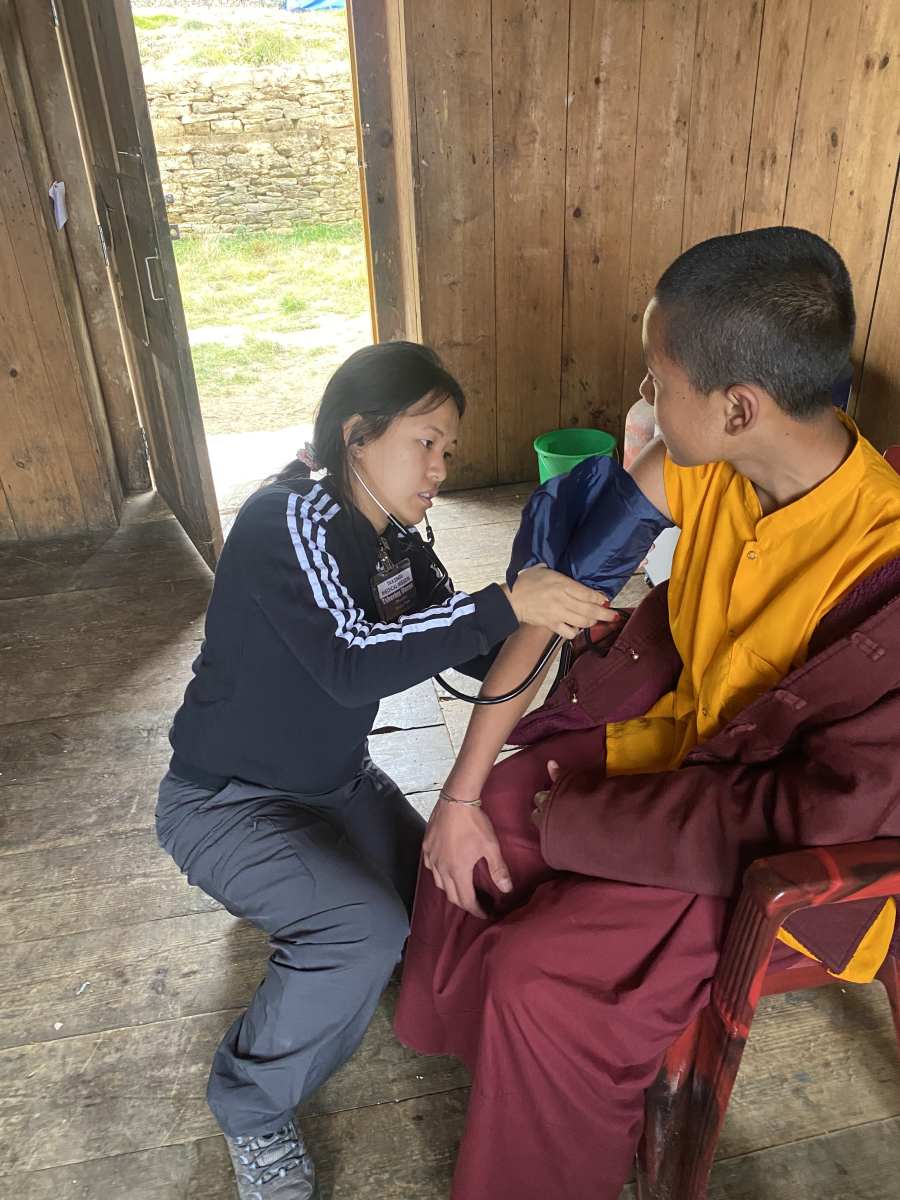
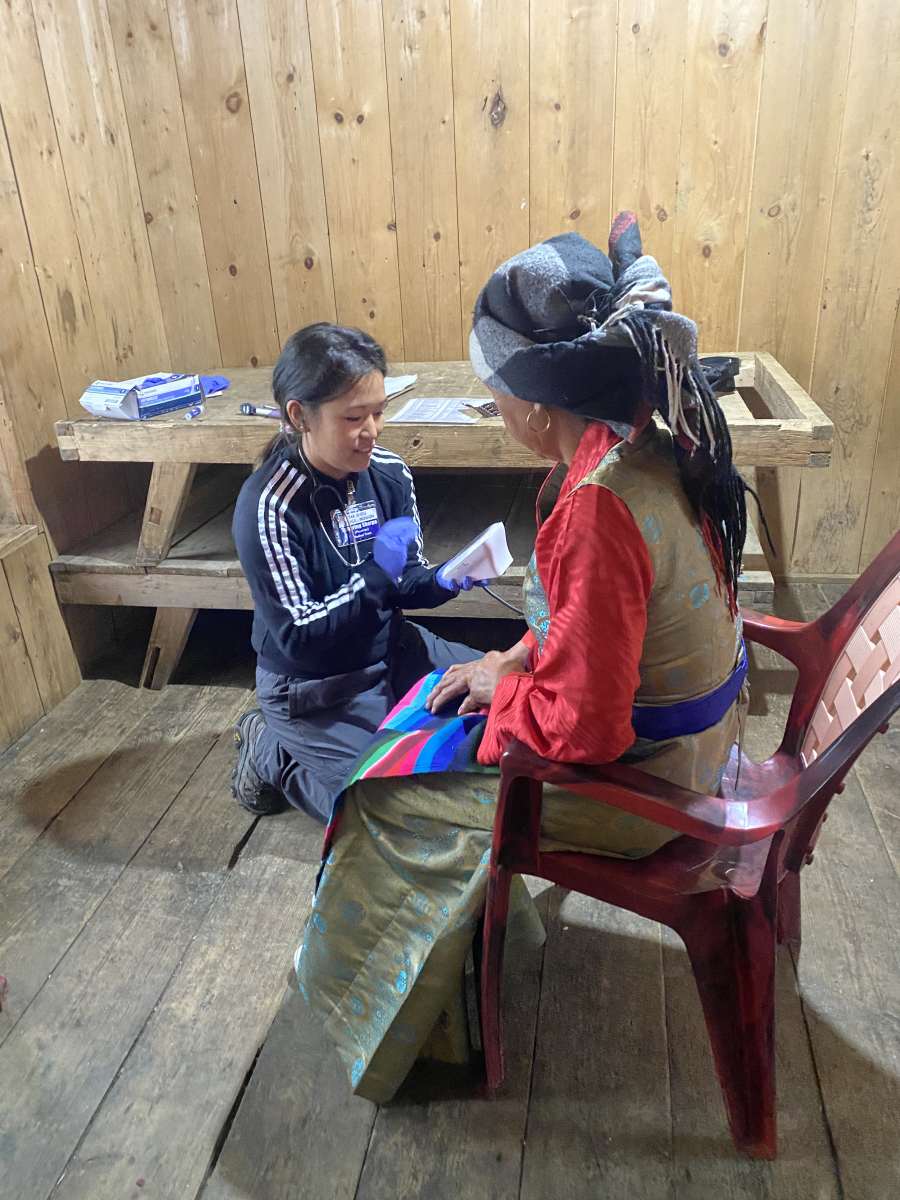
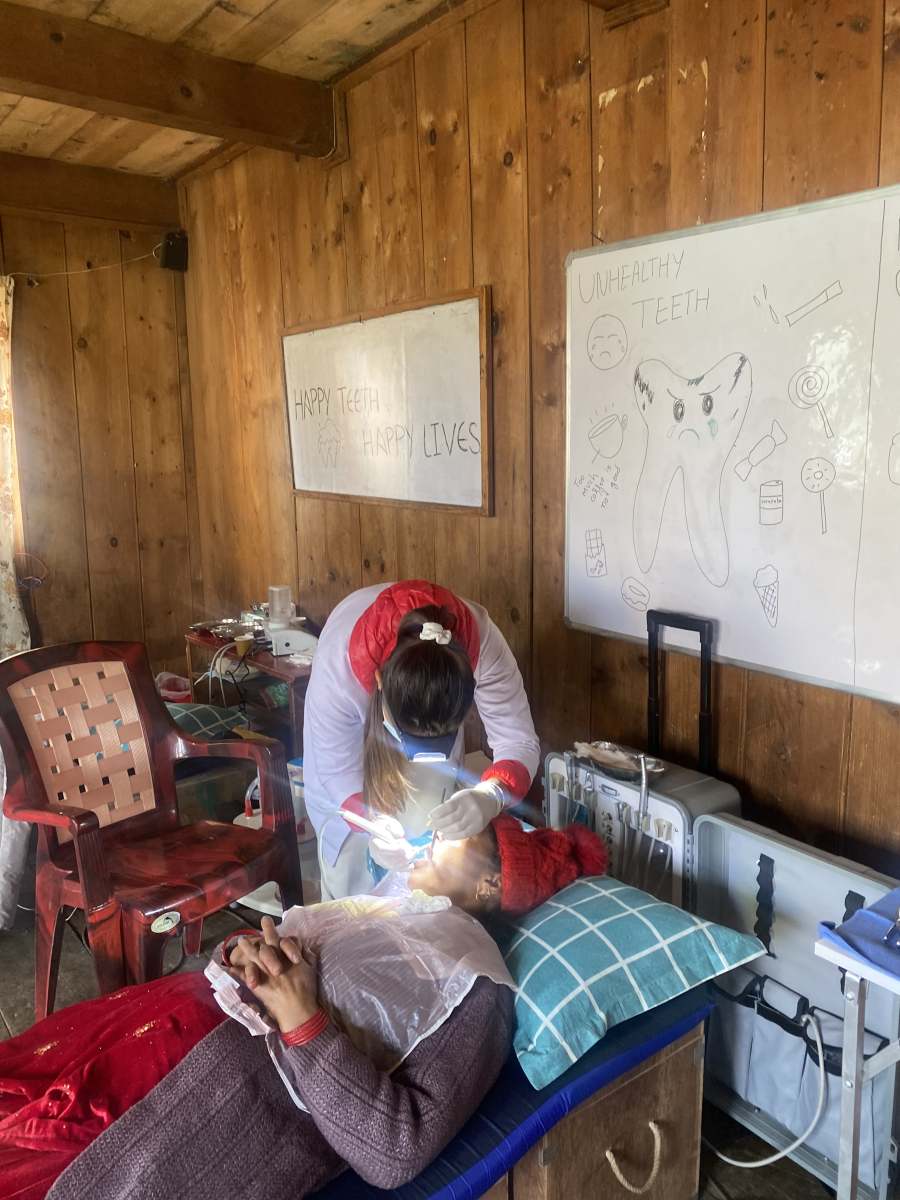
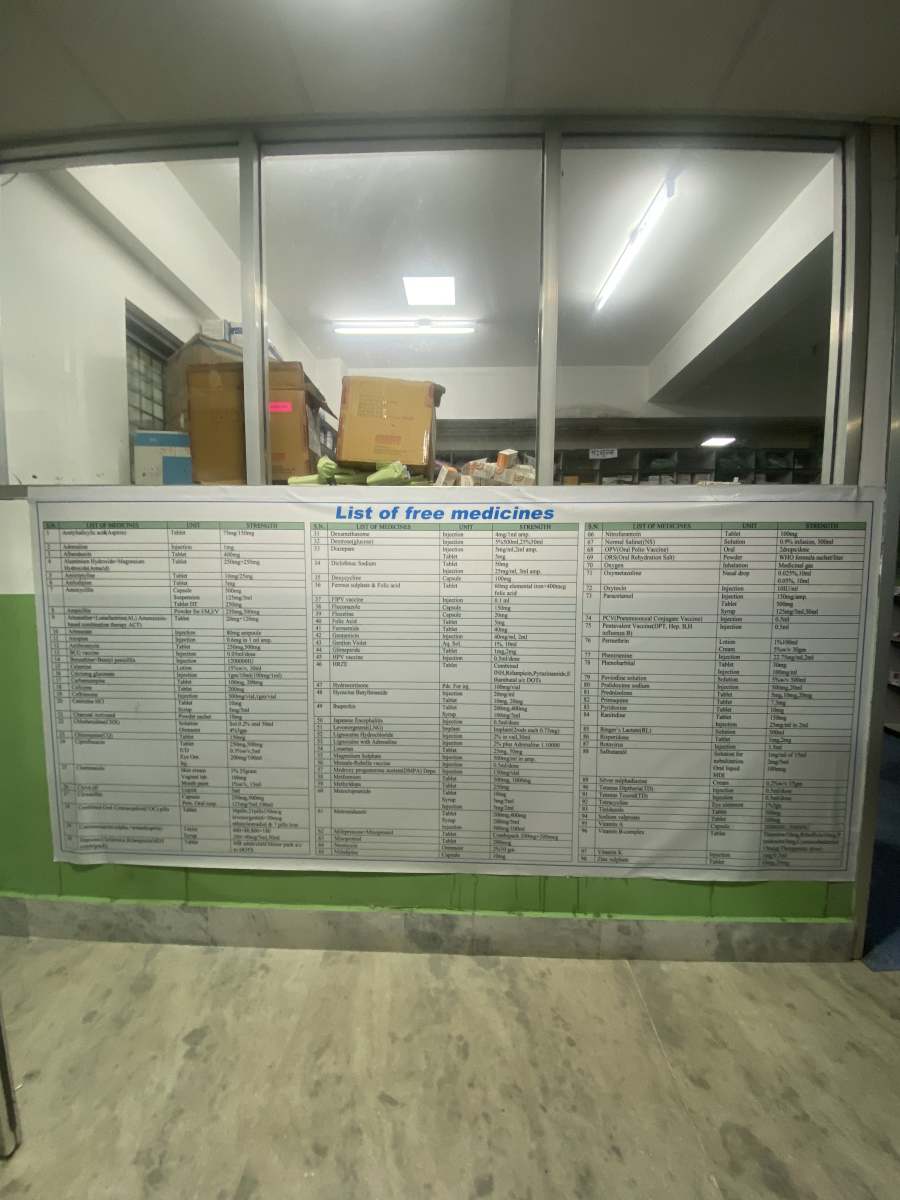

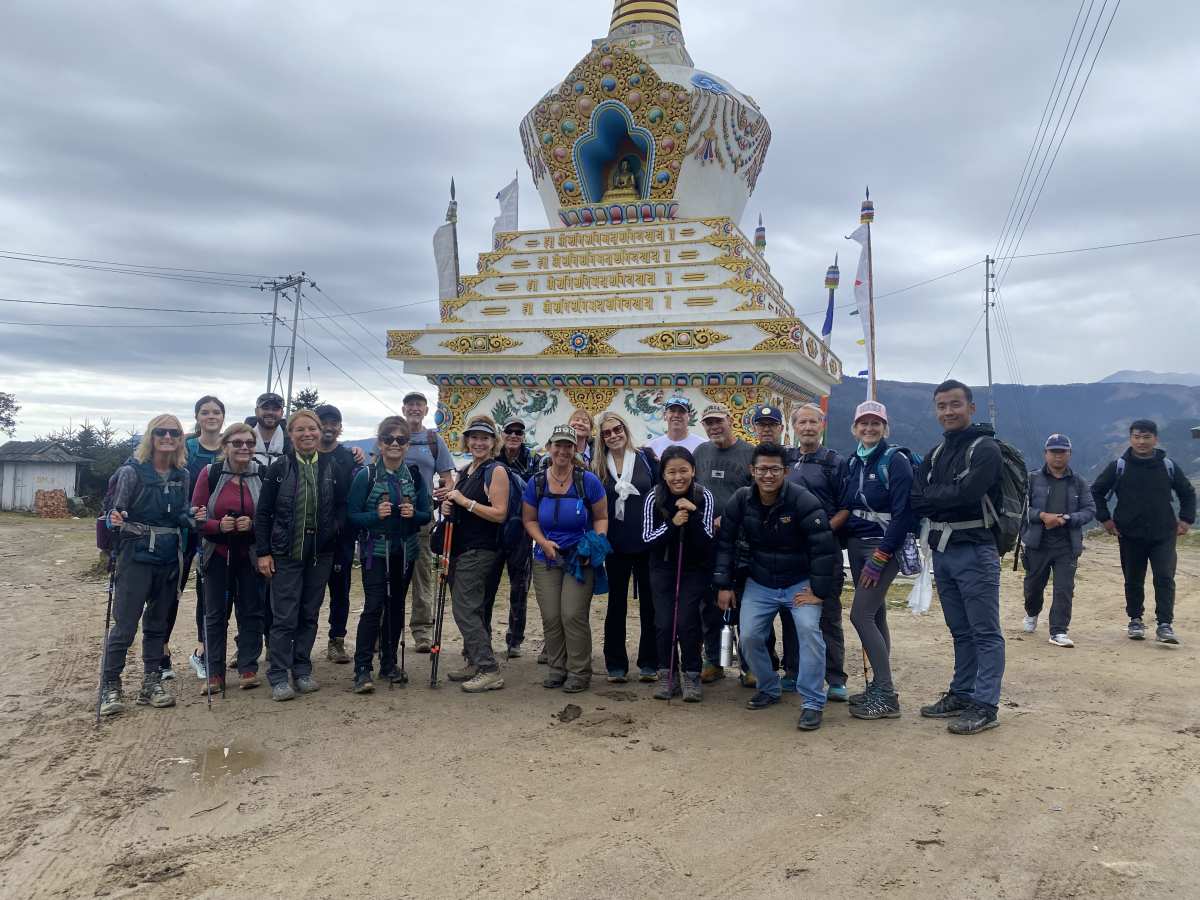





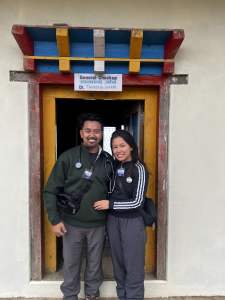

This trip was an extraordinary opportunity to return to Nepal and serve in one of its rural villages. Our team, which included Nepali eye doctors, dentists, and ophthalmologists, provided care to over 1,300 patients. It was truly inspiring to work alongside such a dedicated group of professionals who have been carrying out this mission annually for the past six years. Their unwavering commitment to making a difference in these communities is nothing short of remarkable, and I am profoundly grateful to have been part of this effort.
Basic healthcare services in Nepal are of very poor quality and fail to reach a significant portion of its largely agrarian and resource-limited rural population. For many Nepalese, traveling to the city for medical treatment is not an option, leaving them to endure preventable and treatable conditions. Our annual clinic bridges this gap, providing much-needed medical care and offering hope to those who might otherwise go without. This initiative not only allows us to deliver essential health services but also gives us the chance to practice altruism by educating communities about preventive care, conducting health, vision, and dental checkups, and treating existing conditions.
During this trip, our multidisciplinary team included neurologists, rheumatologists, primary care physicians, and dental surgeons, among others. Together, we were able to offer a wide range of treatments and services, including knee injections, medications for women’s health, chronic condition management, physical therapy, and ear cleaning. It was incredible to witness the positive impact these interventions had on the lives of so many individuals.
I am deeply thankful for the opportunity to contribute to this mission and for the collaboration and support of my team. Each interaction, whether with a patient or a fellow healthcare provider, reinforced the importance of compassion and the profound difference that dedicated care can make. I look forward to continuing this journey and working toward improving access to healthcare for underserved communities.